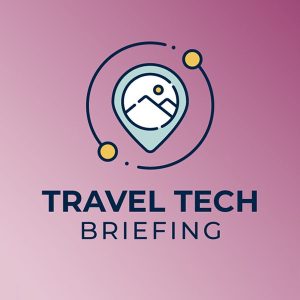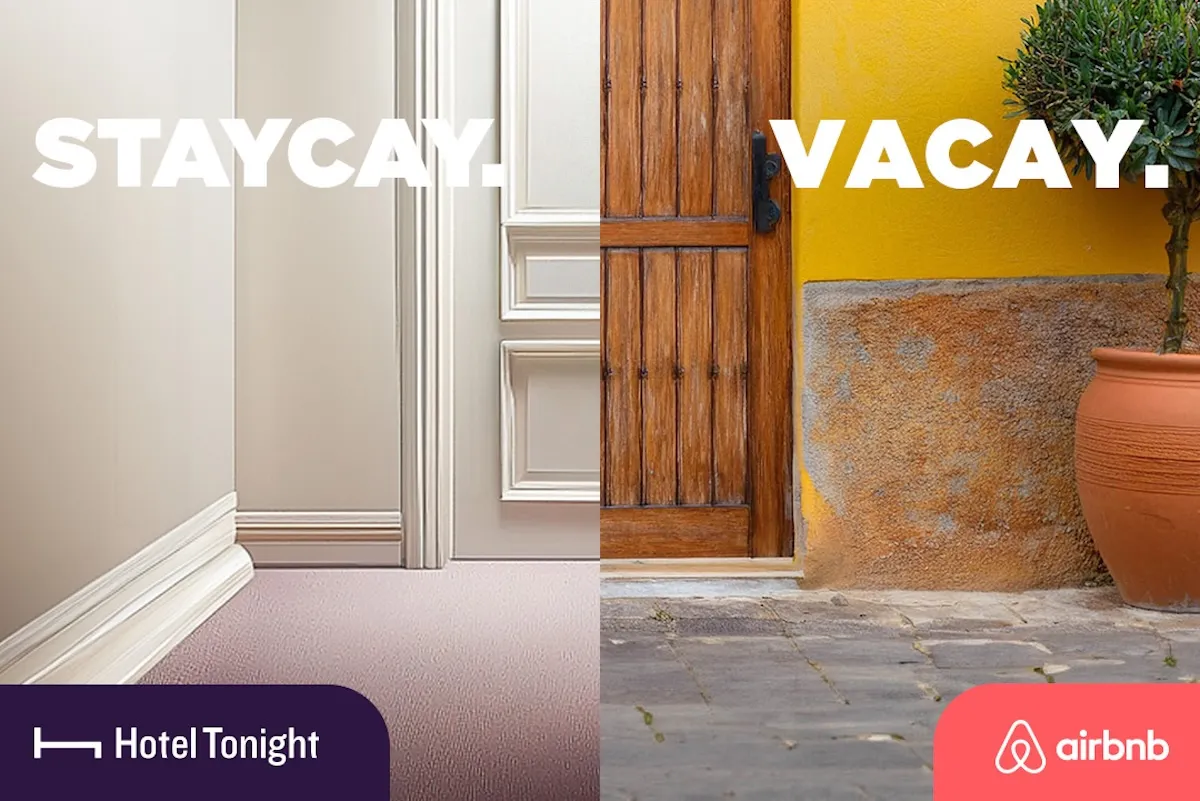Amadeus, Sabre, and Oracle Hospitality Execs Talk Modernizing Hotels
Skift Take

Travel Tech Briefing
Editor’s Note: Exclusive reporting on technology’s impact on the travel industry, delivered every Thursday. The briefing will guide executives as they decide if their companies should “build, buy, or partner” to stay ahead.It is generally acknowledged by hospitality professionals that the industry is far behind technologically. In a world where consumers are spoiled by high-tech service in banking and retail, hotels often leave guests feeling unsatisfied.
Now, there’s a big effort — a scramble? — to catch up.
Below are some key ways that Amadeus, Sabre, and Oracle Hospitality — three legacy companies in the travel industry — are helping move the needle, based on interviews with Skift in between sessions at the recent HITEC conference in Toronto.
Amadeus: Using Data to Make Decisions
As executives from Amazon Web Services and other companies have said, the hospitality industry needs to strengthen its data systems before it can make significant strides in improving the customer experience and adding personalization.
Amadeus is working to help hotel clients establish a strong IT system that allows them to access data and manage inventory in the cloud, and then connecting that data to other products. The point is that better access to inventory data will help clients make better decisions about pricing, staffing, and more, said Michael Yeomans, senior vice president of business intelligence and data solutions for Amadeus.
“Our story is around ... helping you drive that top line, giving you the tools to operate efficiently at the property, and making your core IT more connected and more seamless for you,” Yeomans said. “And then having the data and the tools to give that overall understanding that tools are great, but without the data, it's difficult to make meaningful decisions and actions.”
Current and past data is important, but forward-looking data is increasingly important.
“We're past the point of only using historical information to make future decisions. There's just too much uncertainty,” said Katie Moro, vice president of data partnerships for Amadeus.
If there is a big event coming up that is affecting hotel demand for a certain city, for example, hotels need to be able to capture that knowledge quickly and react. Accessing forward-looking data is also important for making custom offers to guests ahead of their stays.
“Bringing all of that together is the biggest opportunity for us,” Moro said.
Sabre: Hotel Guest Engagement
Sabre acquired the hotel software company Nuvola last year. That company’s underlying task management technology is the basis for a new guest communication tool that Sabre released recently.
The tech from Nuvola has been integrated with WhatsApp, meaning guests can now use the messaging app to more easily communicate with hotel staff. For guests, it’s a simple text message. But on the backend, that inquiry is assigned to the relevant hotel department.
“From a task management and guest engagement perspective, we're seeing strong interest in guest engagement tools, which is why we decided to work on the WhatsApp integration,” said Juan Abello, vice president of product management at Sabre Hospitality and founder of Nuvola.
The Nuvola tool connects with Sabre’s SynXis property management system, meaning staff more easily connect communications from guests with their customer profiles.
Communication can start before arrival, and hotels can use that tool to upsell to guests. The hotel can also mine the data and make relevant changes, such as adding a service that’s consistently requested.
“Today, that sort of gets lost a little bit. But in this case, it's all captured,” said Frank Trampert, senior vice president and global managing director for commercial at Sabre Hospitality.
In the future, there could be the ability to sense dissatisfaction from a guest and escalate that case to a manager. Sabre is also looking at connecting the tool with other products, such as digital check-in, so the guest can access more services in one place.
Trampert said adding this tool came in response to hotel clients asking for ways to help increase revenue post-pandemic.
More hotels are adopting some sort of messaging tool for guest convenience and as a way to free up lines at the front desk. Sojern, a marketing platform for hotels, recently said it was adding its own guest messaging tool for clients.
Oracle Hospitality: Connecting Hotels With Innovators
When Oracle Hospitality released the Opera Cloud property management system four years ago, it took a lot more effort to convince hotels to transition. Now, customers are lining up out the door.
“This is really good to see that all of the sudden there is this desire to move faster. Before we had to convince people about the cloud,” said Laura Calin, vice president of strategy and solutions management for Oracle Hospitality.
Wyndham Hotels & Resorts said in May that it is adopting the Opera Cloud property management system for another 2,000 of its hotels, part of a long-term effort to move all of its properties to the cloud. Oracle Hospitality is also working with Accor, Travelodge, and others totaling thousands of hotels in the pipeline. About 35 percent of the clients are in the independent market.
“Our biggest challenge is to really just deal with the wave,” Calin said.
The company is working with some partners to help move the transition along, she said, and is working with developers to create extensions around the platform. One example was a customer in Latin America that needed a service related to timeshare that was not available through Opera Cloud. Once an extension was connected, the customer made the cloud transition.
As Oracle Hospitality continues to strengthen its platform, the company is keeping an eye out for startups and other innovations that can help hotels leverage their data and take advantage of new technology without having to rely on online travel agencies.
“They're not as powerful as the big OTAs and don't have the marketing dollars. But having some innovative solutions that could differentiate on the personalization journey of the guests — I think that is the way to go,” Calin said. “They still hold the majority of the data; It's just how to really take it out and do something with it. That's where I see potential.”





